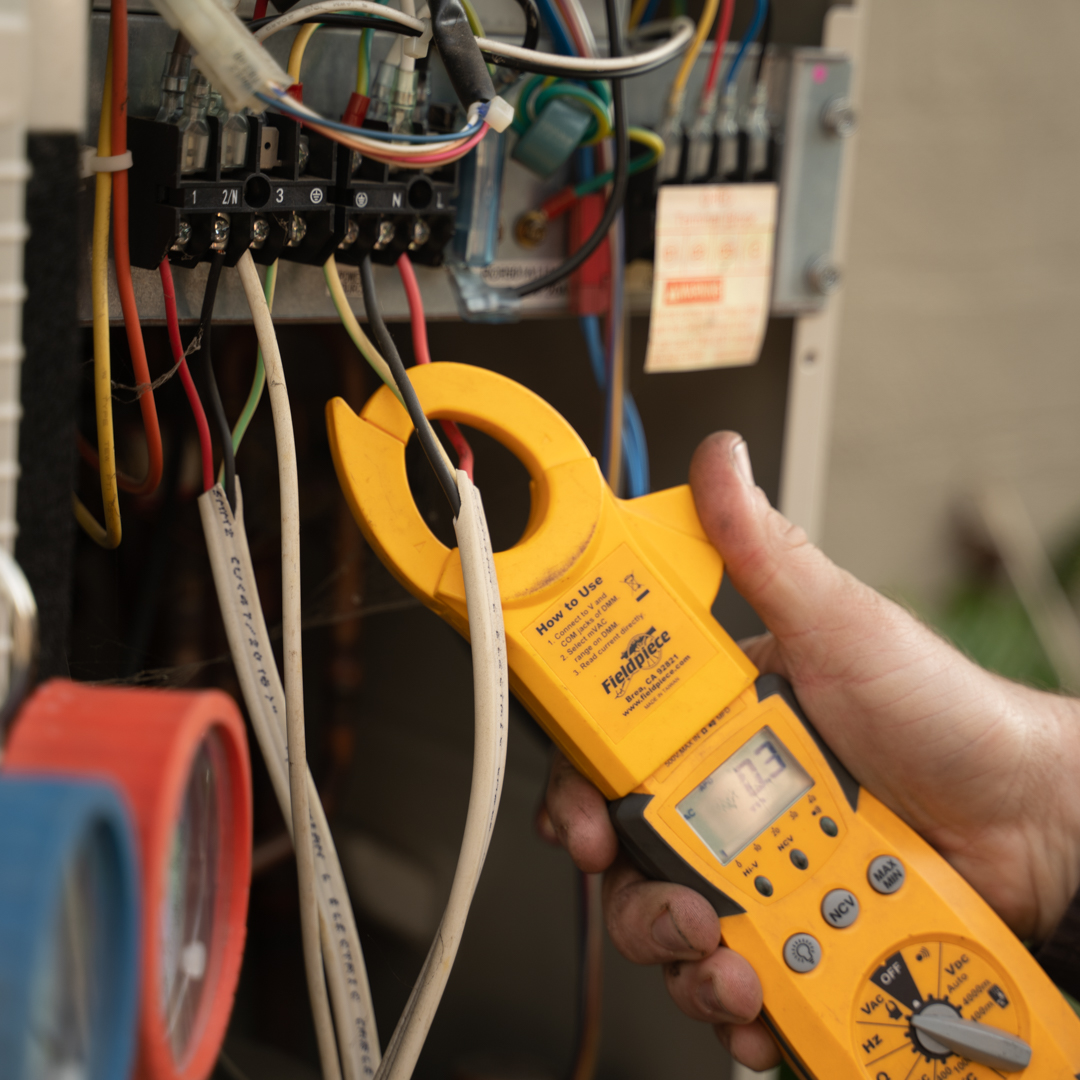


Last updated on August 25, 2023
This article discusses the importance of testing RCD devices. What is the reason for this test, what does it entail and how to get it done and documented for your business.
In Australia, RCD testing is a legal requirement for all electrical contractors. This type of testing is designed to protect people and property by ensuring that all electrical circuits are safe. RCDs (residual current devices) are essential in preventing electrocution and fires caused by faulty electrical wiring.
Testing RCD’s involves a simple process of connecting an RCD tester to the circuit and measuring the current flowing through the device. If the current is above the specified level, it means that there is a problem with the circuit and it needs to be repaired or replaced immediately. RCD testing should be carried out on all circuits at least once every six months, and more often if they are subject to high levels of use.
As we all know, Australia is a country that is prone to natural disasters, such as bushfires. the more we reduce fire risk, the better. In order to protect the lives and property of our people, the government has put in place strict building codes and regulations. One of these is the requirement for testing RCD devices.
RCD stands for residual current device, and it is a life-saving piece of equipment that is installed in homes and businesses. It monitors the flow of electricity and cuts off the power if it detects an imbalance. This protects against electrocution and electrical fires. You’ll often have an RCD attached to a multi-plug, or outdoor electrical extension chord that might be susceptible to wet conditions.
In New South Wales, Australia, RCDs are compulsory in all commercial buildings, and they must be tested every six months to ensure they are working properly. This may seem like a hassle, but it is a small price to pay for peace of mind and safety.
If you’re not sure whether or not if your business equipment needs to be testing RCD’s, then the answer is yes, it 100% does. You need this documents in your health and safety manual and for this to be carried out by a qualified professional. Coalfields Climate Control can visit your business and test your RCD’s easily for a minimal cost. We stay on top of when you need to re-test, keeping you compliant.
There is no legal requirement for testing RCD’s in Australia, however, it is recommended that all businesses with electrical equipment should have their RCDs tested at least once a year. This is to ensure that the devices are working correctly and will protect employees and customers in the event of an accident. Businesses should also test their RCDs after any changes or repairs to their electrical system.
There are a few different types of electrical safety testing that can be conducted on properties in Australia. One of these is testing RCD’s, which stands for residual current device testing. This type of test is designed to ensure that any electrical appliances or products that are being used on the property are safe and not likely to cause any harm.
Testing RCD’s is not compulsory in Australian residential homes, but it is in businesses. It is always a good idea to have your property tested by a qualified electrician to ensure that everything is up to scratch. If you are planning on selling your property, potential buyers will often ask for proof of an RCD test certificate, so it is worth getting one done, even if it isn’t strictly required.
If you’re wondering how much it’ll cost you to get your RCD testing done in the Hunter valley NSW, the answer is Coalfields Climate Control. We’re mobile and can fit in with your schedule. In Australia, RCD testing is compulsory for all electrical contractors, so ensure you ask to view their certifications. The second factor is how many RCDs you need to test – each one will need to be individually tested. We often couple this service with our test and tagging service, checking all electrical cables, so you’re only paying a single call-out fee.
Generally speaking, though, you can expect to pay anywhere from $100 to $200 for testing RCD’s and tagging. If you need to get compliant fast, then don’t hesitate, we’ll give you an urgent service at no extra cost. But whatever the cost, it’s important to remember that RCD testing is a vital part of ensuring the safety of your electrical system, your staff and your family – so it’s worth every cent!
Overall, testing RCD’s is a great way to ensure that your electrical systems are safe and up to code. While it may not be required for residential properties in all states, it’s definitely something worth considering if you want to keep your family and home safe. Have you had your home or businesses electrical system tested recently? Connect, we can help.

